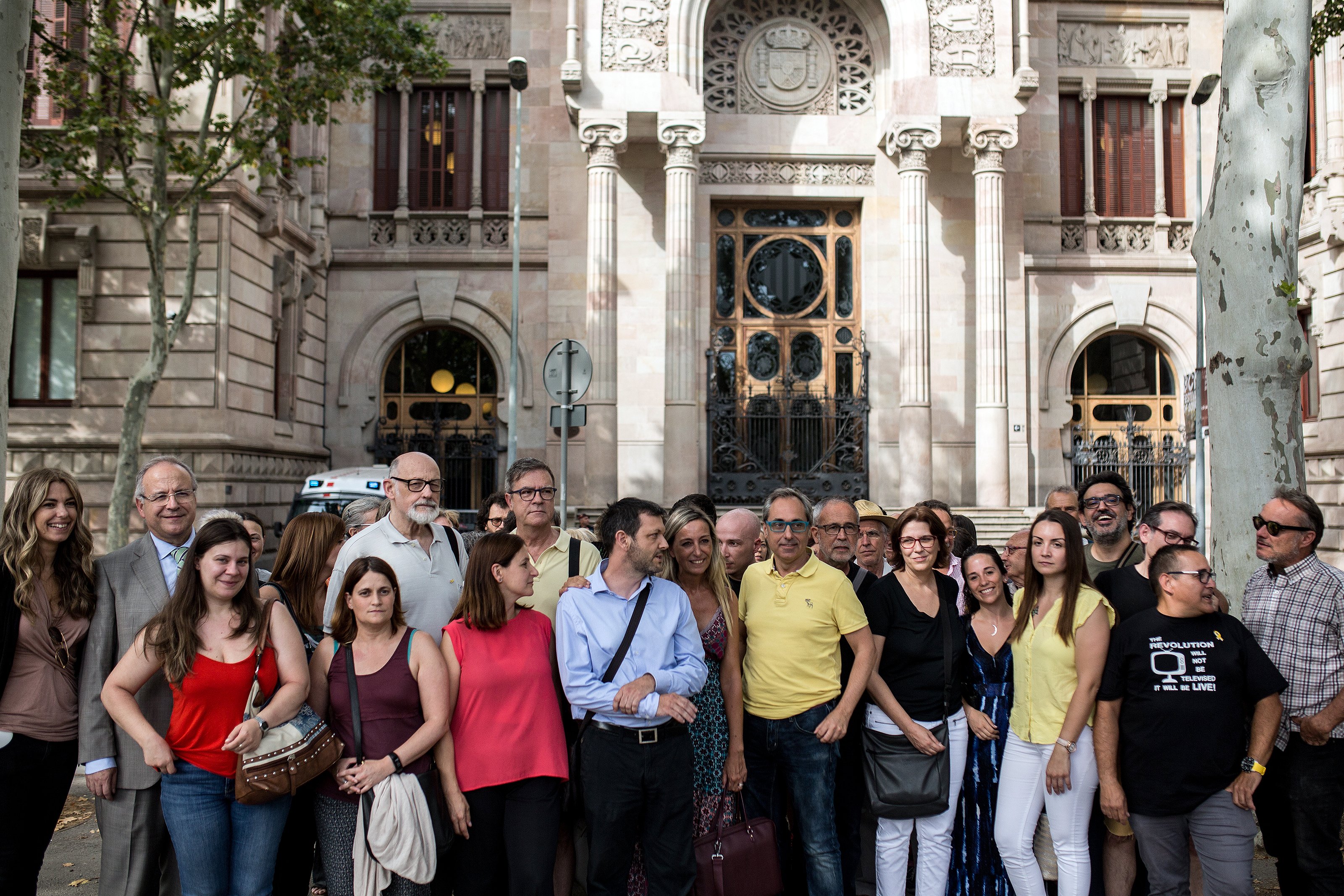The lunchtime, a complaint against judge Pablo Llarena for malfeasance was presented to the Spanish Supreme Court. Llarena is the judge who led the investigation into the Catalan independence movement. The lawsuit, promoted by Querellants per la República (Plaintiffs for the Republic) has 3,418 signatories. It was filed the day after a German court decided to reject the charge of rebellion against Carles Puigdemont and accept his extradition for misuse of public funds alone.
The complaint has been in the pipelines for months, but a minor clash with Puigdemont's lawyer, Jaume Alonso-Cuevillas, made them put the brakes on so as to not cause problems for the president in exile's defence strategy.
The lawsuit, brought against Llarena and the three judges of the Supreme Court's appeals chamber, alleges the violation of basic rights like active suffrage and the right of Catalan voters to political representation. It's "totally focused on the moment of the repeated refusal of Jordi Sànchez's investiture [as president]. It's based on the two refused investitures and culminates in the moment of the suspension of the rights of the accused as deputies", earlier this week, said Mònica Fernández, one of the platform's spokespeople.
On the topic of Llarena's handling of the case, the plaintiffs says that "these decisions are manifestly unjust, and they're manifestly unjust because they have no legal foundation on which to base the refusal made for his participation in the investiture". Fernández described them as "a series of decisions which are all aimed at achieving what they've now tried to achieve with the suspension of the deputies from exercising their rights and duties".
The chances that the Supreme Court will accept to consider the complaint are low, but Plaintiffs for the Republic plan to take the matter to Europe if they do reject it, using any and all appeals available to them.

